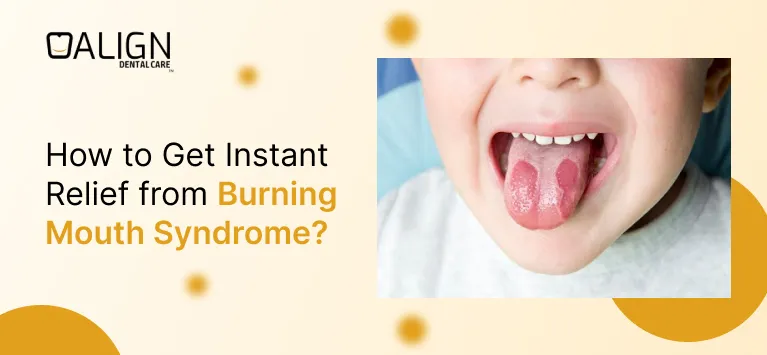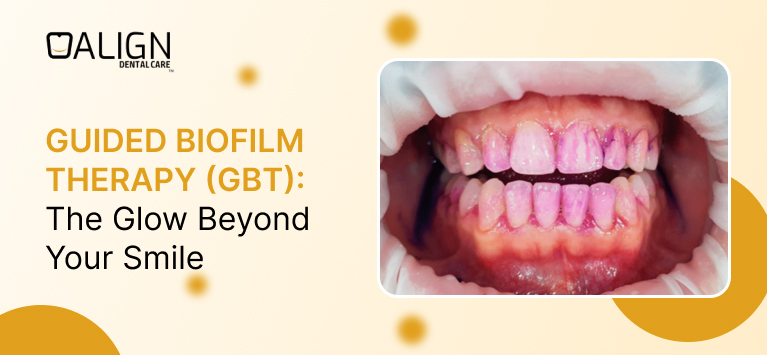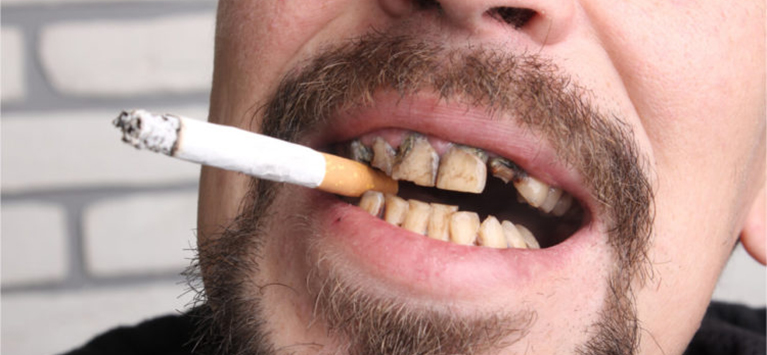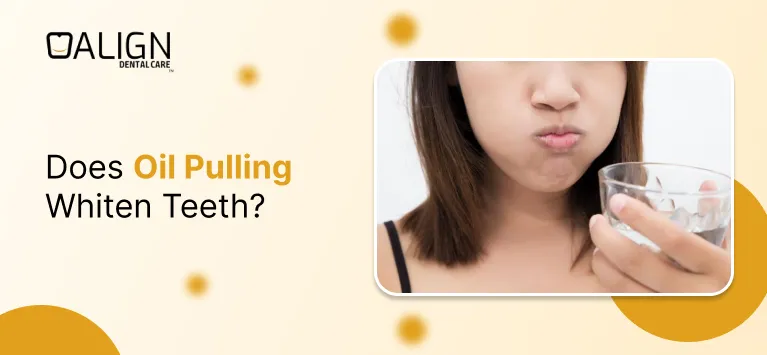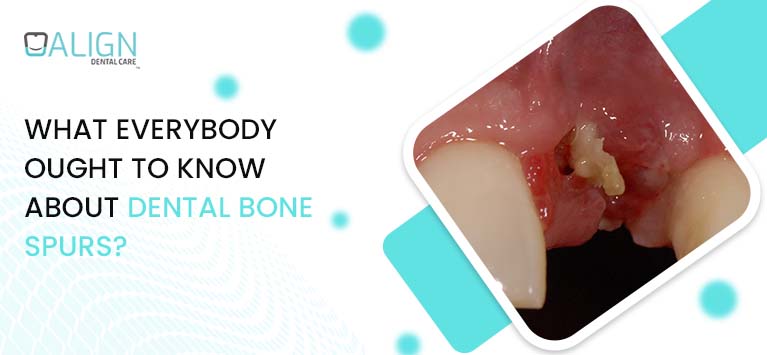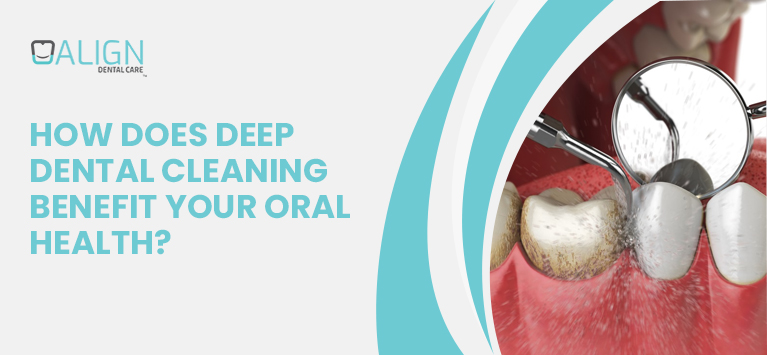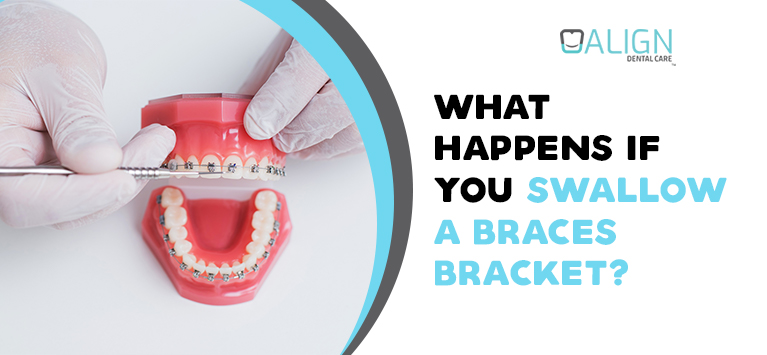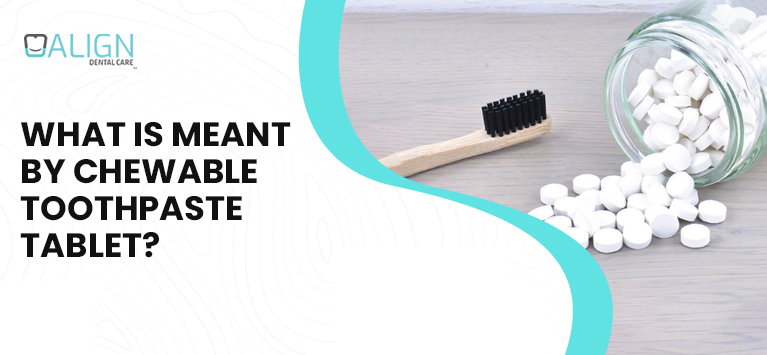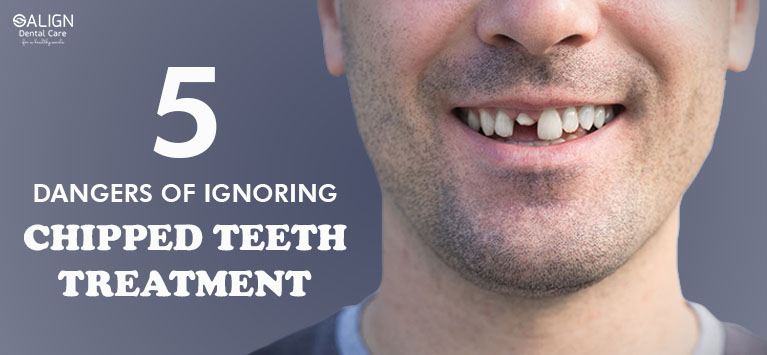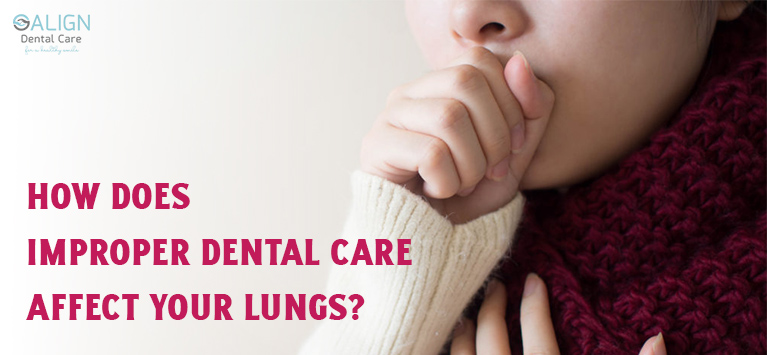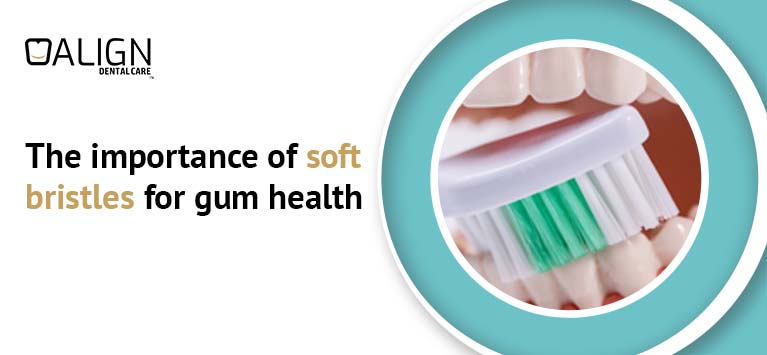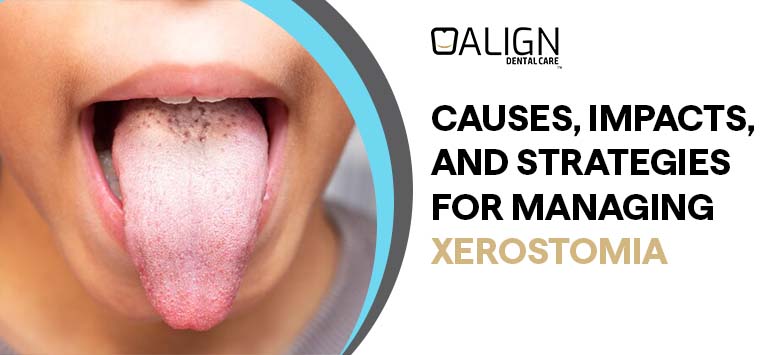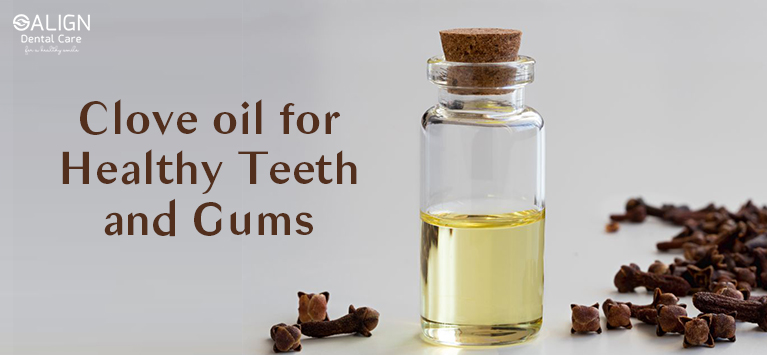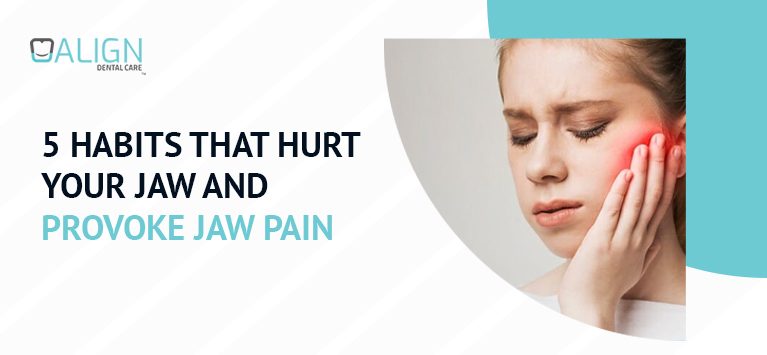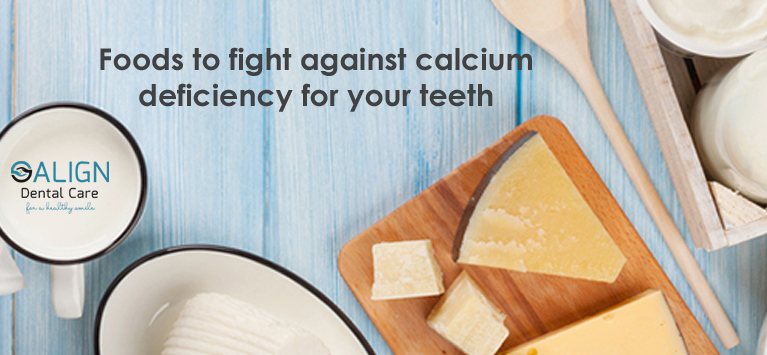
Foods to fight against calcium deficiency for your teeth
Our teeth consist of the same hard, inorganic materials like our bones. Calcium plays a dominant role in the healthy development of teeth as well as our bones. Our teeth are composed of a mineral called hydroxyapatite that is made up of the combination of calcium and phosphate. The calcium present in teeth provides the fortitude and protects the sensitive nerves present inside a tooth.
In general, calcium present in our body is constantly breakdown as we use our bones and teeth. Our body can regenerate calcium to rebuilt the lost mineral. Besides this, our body can store the excess calcium in our bones and teeth that eventually helps in fortifying them.
When we become old, the calcium build-up rate is lower than the rate of calcium break down. It is associated with problems like a decrease in bone density. Moreover, it hurts our dental health with problems like teeth mobility, fragile teeth, etc.
Apart from aging, various factors include hormonal changes (in women), calcium deficiency diseases, advanced aging, not taking sufficient calcium also leads to such problems.
Table of Contents
Effects of Calcium Deficiency in Teeth
The symptoms of calcium deficiency in teeth are hard to identify but the atypical things you notice and encounter in the teeth might be a sign of lack of calcium in your body.
Meanwhile, calcium deficiency can lead to the following oral problems:
- Tooth mobility
- Sensitive teeth
- Teeth become brittle and can be chipped easily
- Teeth become highly prone to cavities
- Tooth loss
- Gum irritations
Keep in mind that an insufficient level of calcium makes our body to pull it from bones and teeth. Apart from the dental problems stated above, calcium deficiency can stimulate health disorders like muscle spasms, numbness in hands or feet, insomnia, etc.
Hence you should track your calcium intake and incorporate various sources of calcium to your diet.
What are the best calcium-rich foods?
Taking the foods that are highest in calcium is the right way to combat the dental and health problems induced with calcium inadequacy in the body.
1) Dairy Products
Taking dairy products like milk, curd is an affordable way to get sufficient calcium. Meanwhile, you should know that the concentration of calcium varies in each product. Here are some of the best dairy sources of calcium:
- Milk
- Ricotta
- Curd
- Yogurt
- Mozzarella
- Cheese
- Parmesan
- Ice cream
2) Fish
Fish is not only a good source of protein but it also rich in Calcium. On average, 200g fish contains 138mg calcium. A few fish varieties that are highly enriched with calcium are as follows:
- Cod
- Herring
- Trout
- Whitebait
3) Leafy Greens
Leafy greens are abundant in the mineral components essential for our dental well-being. However, it also provides sufficient calcium content our body wants. The list of green leafy vegetables that have a good amount of calcium include:
- Spinach
- Mustard Greens
- Kale
- Collard Greens
- Turnip Greensbeet greens
- Okra
- Bok choy
- Broccoli
4) Nuts and Cereals
Nuts and Cereals are the powerhouses of calcium content. On average, 100 grams of mixed nuts contain 117 mg calcium. They are efficient to remove plaque build-up over the teeth surfaces.
Some of the nuts that are good for teeth are here:
- Almonds
- Brazil nuts
- Cashew nuts
- Filberts
- Hazelnuts
- Chestnuts
5) Calcium Supplements
If you cannot take the recommended level of calcium with foods and drinks, then you can ingest with calcium supplements prescribed by healthcare professionals.
Meanwhile, doctors suggest those supplements for a certain group of people only. If you fall under any of the following categories, then you can go for calcium supplements.
- Vegan diet followers
- People who are taking Corticosteroids for a long time
- People suffering from Inflammatory Bowel Disease
- People suffering from Osteoporosis (An abnormal condition caused by calcium deficiency)
Bottom line
Calcium is an abundant mineral in our bodies. Our blood and inner organs also need more calcium to function properly. Aging, hormone changes, long term use of certain medications and others can reduce calcium in our body. Such lack of calcium weakens our bones and can affect our oral health.
Calcium intake at the recommended level is the best way to avoid such problems. The tips we have shared here will help you to preserve your health as well as your dental health.






